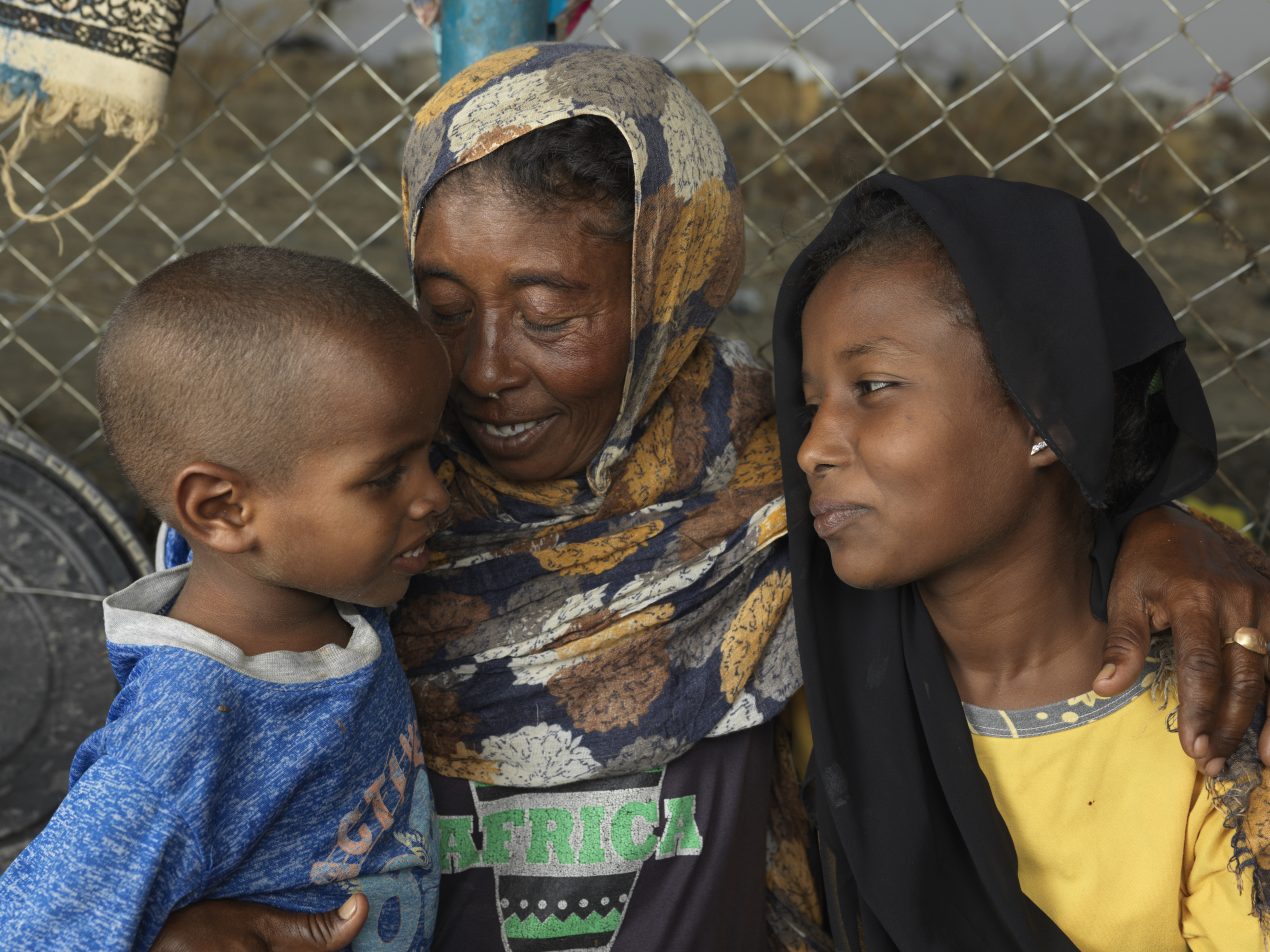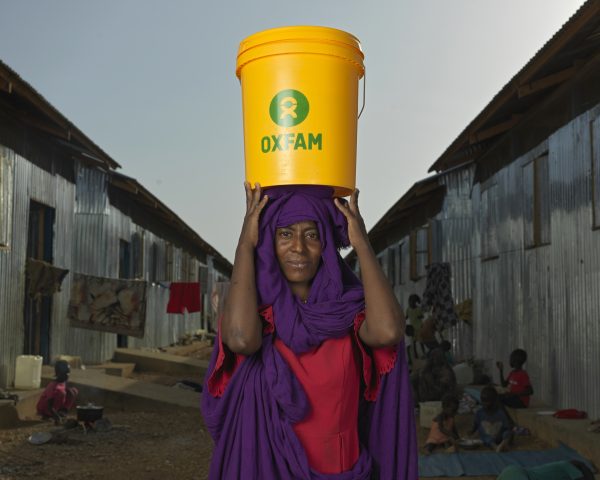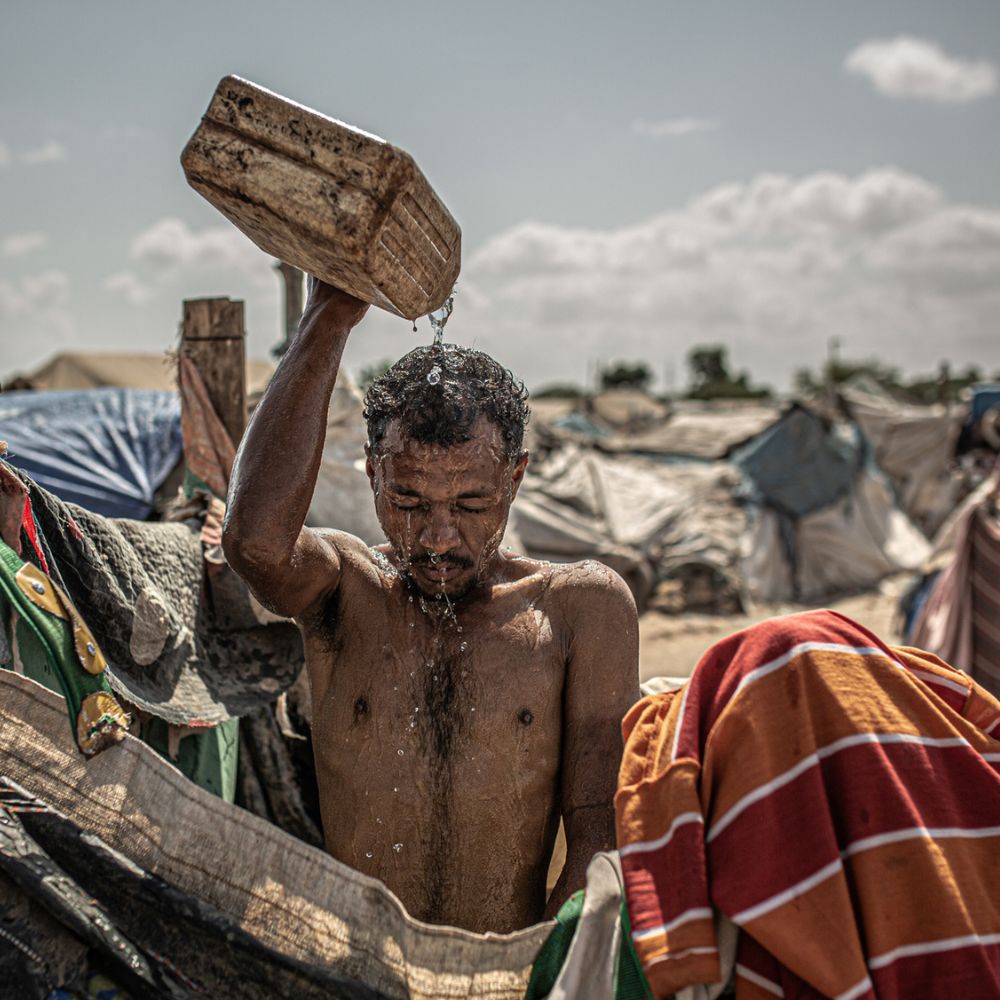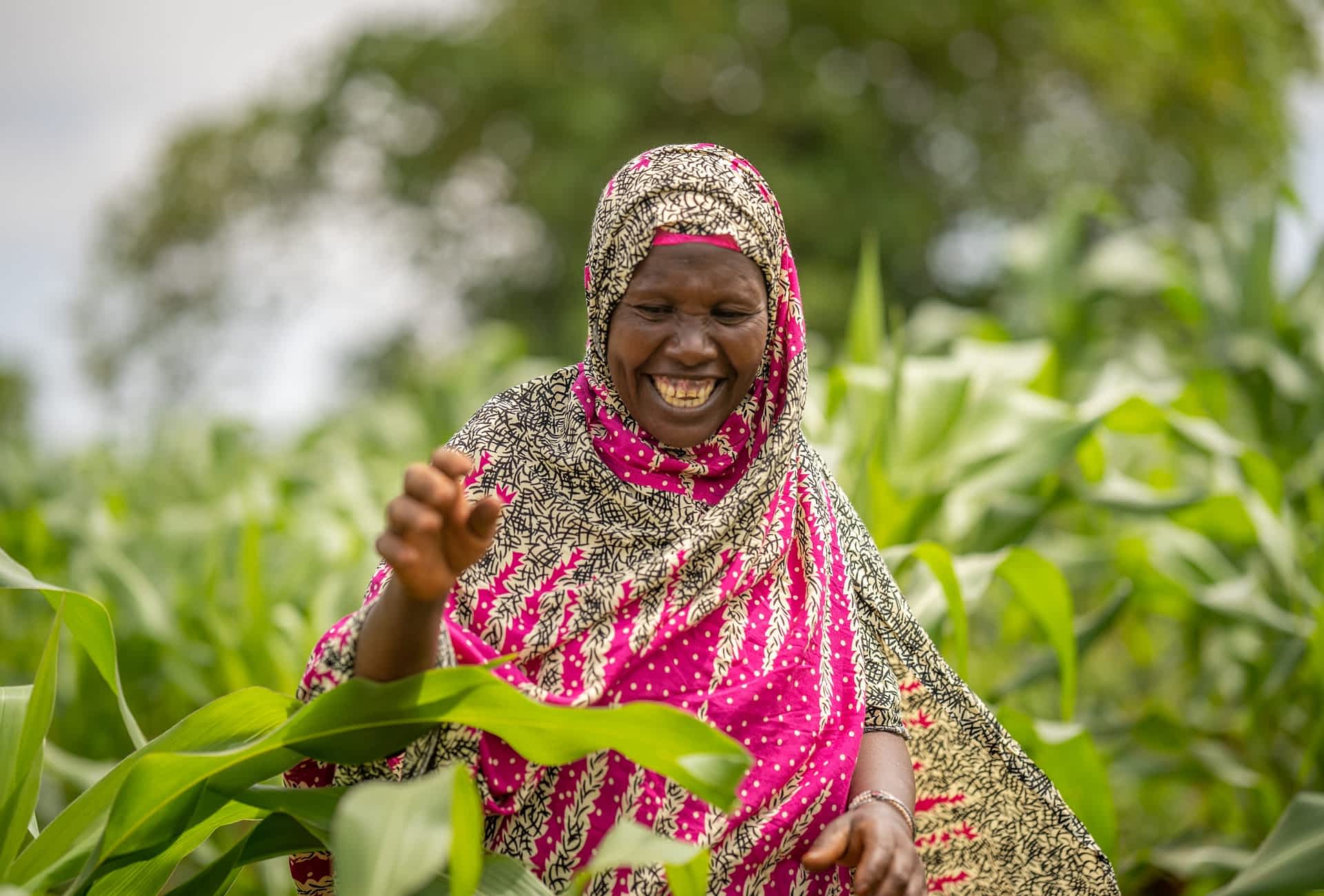Our work in South Sudan
We add strategic value to Oxfam’s work, contributing to accountable governance, inclusive peacebuilding, transformative education, resilient livelihoods, and humanitarian responses.

Photo: Peter Caton/Oxfam
15.000 learners
are reached with accelerated education and skills development
734.000 vulnerable people
have been received humanitarian and resilience assistance by Oxfam
35 percent representation and leadership
by women in the peace-building process and all levels of governance
Since gaining independence in 2011, South Sudan has been marked by climate crisis and conflict, forcing millions to flee and causing widespread food insecurity. By 2022, 8.9 million of the country’s 12.4 million people were in need of humanitarian assistance.
Although the peace agreement has brought renewed hope, clashes and insecurity continue to affect most parts of the country. Low levels of education, weak governance, and a lack of implementation of political decisions fuel local conflicts.
What does Oxfam Denmark do?
Oxfam Denmark works closely with local partners to share knowledge, strengthen networks, and maximize the impact of activities across the country. Our efforts focus on both humanitarian aid and building resilient livelihoods. We provide integrated, life-saving assistance to vulnerable people affected by conflict and disaster, particularly women and youth, through targeted seasonal cash transfers that help food-insecure households meet basic needs while protecting their livelihoods.
We also support drought-affected farmers and other vulnerable households in improving both agricultural and non-agricultural production, increasing productivity, and expanding opportunities for income generation. In parallel, we promote inclusive peacebuilding by fostering dialogue between stakeholders, strengthening accountable governance, and empowering young people and women to organize and challenge harmful social norms.
In addition, we promote inclusive peacebuilding, focusing on conflict-sensitive programming, accountable governance, and strengthening the capacity of local actors and crisis-affected communities. We facilitate dialogue between stakeholders and help young people and women organize to challenge harmful social norms.
When I was young, I didn’t have the privilege of education. Girls were not allowed.(…)Now my daughter is not like me and gone without knowledge. My daughter is educated. We can’t sign but now our children know how to sign and have acquired something more compared to us PTA adults.
South Sudanese mother
Member of the PTA in Oxfam Denmark’ Accelerated Learning Program
Our projects engage directly with community groups, schools, women, and youth to strengthen their capacity to address local, gender, and conflict-related challenges in an inclusive, participatory, and transparent way.
We work to advance literacy, education, and skills development for out-of-school learners. In collaboration with partner organisations, local authorities, and with support from multiple donors, we deliver gender-responsive education interventions tailored to vulnerable populations. These include adult literacy programmes, accelerated education opportunities, teacher training, and initiatives to strengthen the overall capacity and quality of the education system.
From 2018 to 2022, we led a cross-border programme through a consortium of national and global partners, addressing the complex needs of communities affected by both conflict and displacement.
Our peacebuilding efforts focus on inclusive and sustainable approaches. We prioritise conflict-sensitive programming, accountable governance, and the capacity-building of local actors and crisis-affected communities. We facilitate multi-stakeholder dialogues that tackle context-specific risks, improve inclusive public accountability mechanisms, and create spaces where diverse voices—especially those of women and youth—can shape decision-making processes.
We also support women and young people to organise, build leadership, and actively challenge harmful social norms, enabling them to influence policies and drive positive social change within their communities.
We help children from South Sudan go to school
Millions of South Sudanese children have no access to education. Since the country’s independence in 2011, war, climate change, and poverty have fuelled insecurity and unrest, with devastating consequences for children. It is currently estimated that 2.8 million children are out of school, and we know that children and young people who do not attend school are at greater risk of becoming child soldiers or child brides – making our work more important than ever.
Among other initiatives, we provide a specialised education programme that equips children with literacy skills and essential psychosocial support. We also place a particular focus on girls, as they are especially vulnerable in times of conflict.
Our goals in Sydsudan
- To provide vulnerable conflict and disaster-affected internally displaced people and host communities with access to life-saving humanitarian assistance and new skills and opportunities to develop their livelihoods.
- To build local capacities and agency so that people, with focus on women and young people, can demand for better basic services, gender justice, peace, and respect for people’s rights.
- To partner with women’s rights organisations and groups, and work with women leaders and activists to promote meaningful participation of women in key decision-making and peace process efforts, ranging from local community-level to national level.
- To improve conflict-sensitive and locally relevant transformative education e.g., by ensuring that education systems, teaching and learning processes truly empower learners, teachers, local authorities, policy makers and communities to challenge harmful gender norms rather than reproducing them.

Support us in the fight for an equal future
Oxfam Denmark provides humanitarian aid and support around the world. You can help us in our work by becoming a regular supporter or making a one-time donation.
Facts about South Sudan
- The Republic of South Sudan became the world’s youngest nation and Africa’s 55th country on July 9, 2011.
- Although South Sudan falls high on the poverty scale, the country has many natural resources. The Nile River, petroleum, marble, aluminum, iron ore and gold stand as the nation’s major natural resources.
- Only approximately 40 percent of the population has access to drinkable water, and 70 percent live in severe food insecurity.
- South Sudan is highly prone and vulnerable to climate-related shocks, which have a devastating impact on people’s welfare. Since 2011 alone, it has suffered severe droughts and floods.

